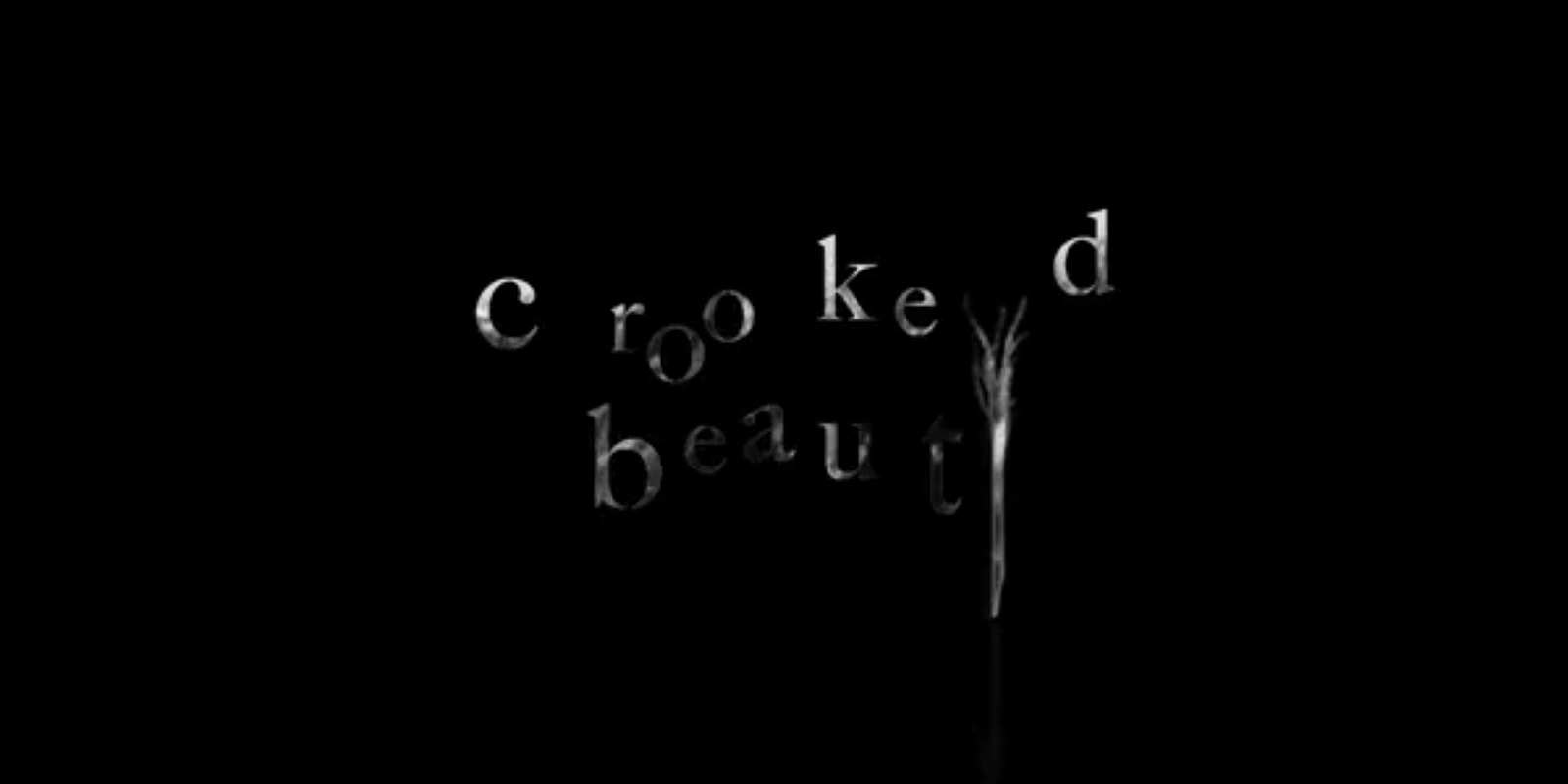An artist/writer challenges Western stereotypes of madness by transforming her experiences with psychiatric institutions and mood-altering medications into innovative mental health activism and creative expression.
Wednesday, January 7th, 2015 7:00 pm - 9:00 pm Bluestockings Books 3172 Allen Street New York, NY
Come out to Bluestockings for the first NYC Icarus Project event of the year! This Wednesday, January 7th at 7:00 PM, Icarus organizers will be showing the internally acclaimed and award winning 30 minute documentary, Crooked Beauty. The film follows the personal journey of Icarus Project co-founder Jacks Ashley McNamara. I’m sure they will be a lively discussion afterwards; it’s a thought provoking film!
While you all are trying to stay warm in NYC, I’m sweating at 9am in Buenos Aires, Argentina. We just did our first Mad Maps workshop EVER in Spanish yesterday and it was a roaring success.I’ll come back with good stories. In the meantime, take good care of each other! I miss home! Love!
Sascha Altman DuBrul http://mapstotheotherside.net
Crooked Beauty Trailer: https://www.youtube.com/watch?v=qgAaIBlq-cs
Crooked Beauty is a 30-minute poetic documentary that chronicles the transformation of artist/writer/activist Ashley McNamara from victim of the Western psychiatric establishment to one of the world’s foremost radcal mental health activists. She survived trauma from an alcoholic mother and battled her own substance-abuse issues when diagnosed bipolar at age 19 and incarcerated. Destined to overturn the stigmas usually associated with mental illness and develop authentic healing models for individuals diagnosed bipolar, she co-founds The Icarus Project, an international support network and grassroots media project. Ashley’s mission became an intense personal quest to live with hope and dignity, and a powerful critique of standard psychiatric treatments. “Saying ‘It’s nothing but a biological brain disorder’ lets everybody off the hook,” Ashley explains in the film. “And then you don’t have to look at oppression and poverty and abuse and trauma.”
Crooked Beauty’s lyrical style is integral to its subject matter. The film incarnates a new map for thinking about madness by connecting the vicissitudes of the outer world with the fissures and fault lines of human nature. Montages of urban and natural landscapes – tree saplings corralled into cement, a decaying ocean pier awash in sparkling light – visually embody the fluctuations of mania and depression described in Ashley’s voiceover testimonials. Her narration becomes the touchstone for a much broader story, suggesting that madness is not only a mental state but is also a social condition. Ashley’s presence is further embodied through her paintings and collages, and written and recited excerpts from her poetry and journals. Extended passages of silence will allow her testimonials to breathe in the minds of viewers, encouraging them to reflect on the interplay of light and shadow as metaphors for their personal experiences with health and madness.
Crooked Beauty reshapes perspectives on the diagnosis and treatment of mental illness by presenting madness as a tool of insight and integration for individuals who openly struggle with their mental health, and anyone who might feel “crazy” in today’s chaotic world. Ashley’s poignant and revealing testimonials reach beyond the stereotypes of mental health problems to suggest that extreme sadness and sensitivity is not an illness, but a part of human experience to be explored with creativity and compassion. Thematically progressive and formally beautiful, Crooked Beautyestablishes a common ground from outside the mainstream through a story of personal transformation, courage, and empowerment.

